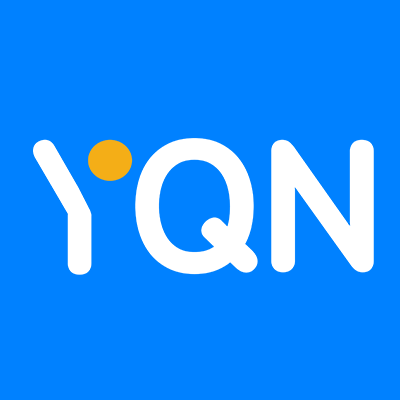What is NVOCC and Its Impact on International Shipping
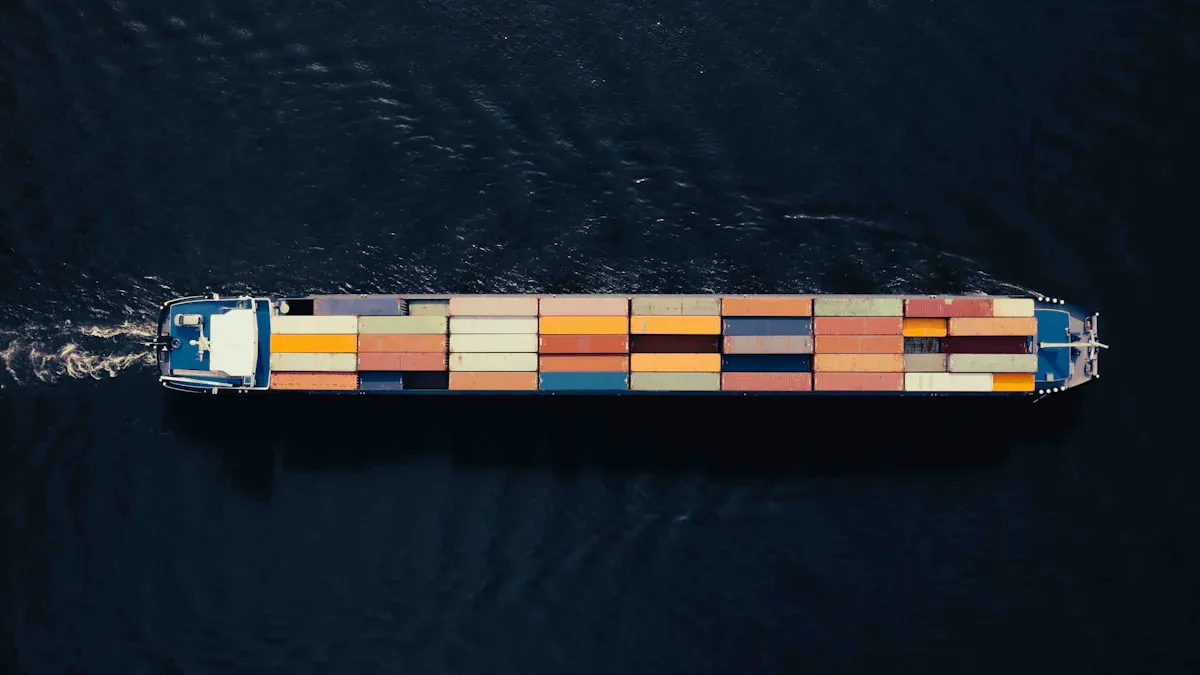
NVOCC Meaning
A non-vessel operating common carrier plays a vital role in international shipping. It acts as an intermediary, coordinating shipments across global routes. With growing supply chain complexities, NVOCCs streamline logistics, reduce costs, and enhance efficiency.
Key Work Scope of an NVOCC
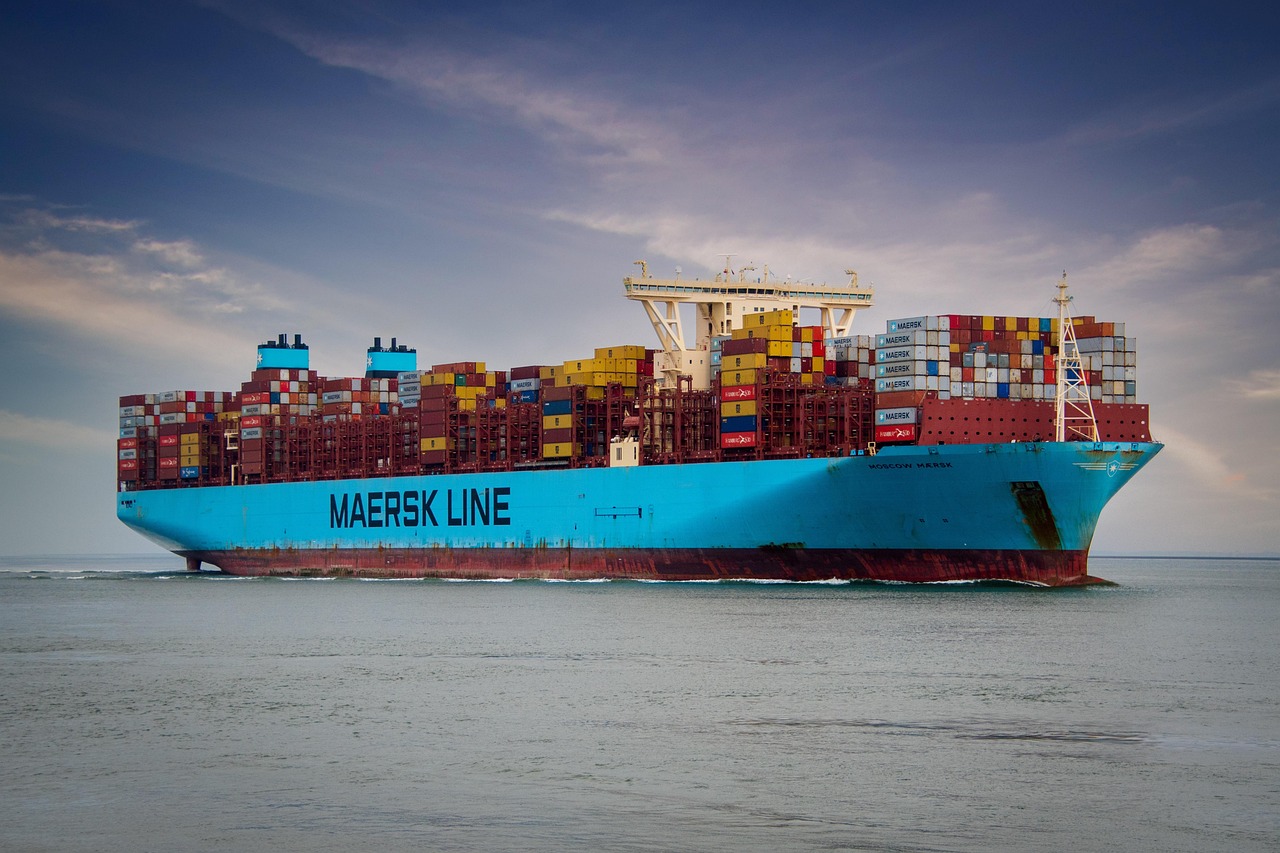
A non-vessel-operating common carrier performs several critical functions that streamline international shipping. These functions ensure smooth operations, reduce costs, and enhance efficiency for businesses of all sizes.
Issuing Bills of Lading
An NVOCC issues its own Bills of Lading (B/L), which serve as a contract and receipt for the shipment. This document is essential for tracking and verifying cargo during transit. Automated systems have revolutionized this process, offering significant benefits:
Evidence Type | Description |
|---|---|
Accuracy | Automated BoL generation ensures accuracy by pulling data directly from booking and shipment records. |
Customization | Templates that are easily customizable provide NVOCCs with leverage to adjust a BoL based on a specific customer or regulatory demand. |
Security | Digital signatures and blockchain integration lead to a higher level of document security along with authenticity. |
By leveraging these technologies, NVOCCs like YQN Logistics ensure precision and security in shipping documentations. Their advanced systems, integrated with multiple shipping lines via APIs, allow real-time updates and seamless operations.
Leasing and Managing Container Space
Container space management is another vital aspect of NVOCC operations. You benefit from their ability to lease and consolidate container space, optimizing costs and ensuring timely shipments. Recent trends highlight the growing efficiency in this area:
Evidence Type | Description |
|---|---|
Market Growth | The NVOCC aggregator market has seen significant growth due to globalization and technological advancements. |
Container Volume Projections | Container volumes are projected to exceed 200 million TEUs by 2025, indicating increased efficiency. |
Operational Efficiency | Digitization and advanced technologies are enhancing operational efficiency and customer satisfaction. |
Handling Documentation and Compliance
Proper documentation and compliance are crucial in international shipping. An non-vessel-operating common carrier ensures that all necessary paperwork meets global standards, reducing the risk of delays. Key advancements in this area include:
Digital documentation, such as the e-Bill of Lading, accelerates the exchange of shipping documents, enhancing speed and security while minimizing errors.
Automated compliance software ensures accuracy and adherence to international regulations, significantly reducing the likelihood of delays.
A thorough understanding of cargo documentation and compliance helps NVOCCs facilitate smooth transit, adhering to regulations that prevent disruptions.
NVOCC vs. Freight Forwarder
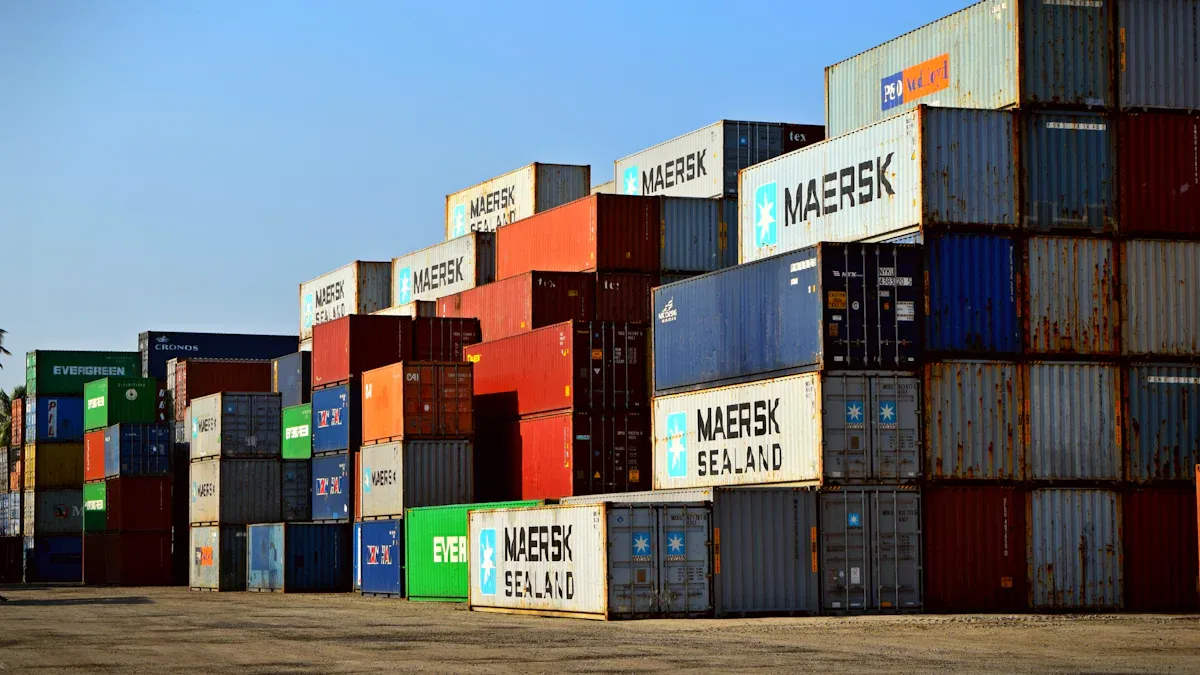
Differences in Operational Scope
Understanding the operational scopes between those two helps you choose the right partner for your shipping needs. While both play crucial roles in logistics, their legal status, services, and handling of cargo differ significantly.
NVOCC | Freight Forwarder | |
|---|---|---|
Legal Status | Operates legally as a carrier and may act as an ocean freight forwarding agent. | Functions as an intermediary and may also offer carrier services if licensed. |
Bill of Lading (B/L) | Issues its own bill of lading, assuming legal ownership of cargo. | Typically does not issue its own bill of lading, as it does not take legal ownership of cargo. |
Scope of Services | Focuses on ocean freight, offering LCL (Less-than-Container Load) and FCL (Full Container Load) services. | Provides a broader range of logistics services, including multimodal transport options. |
Non-vessel-operating common carriers specialize in ocean freight and container management, making them ideal for businesses with specific shipping needs. Freight forwarders, on the other hand, offer diverse services across air, land, and sea, catering to complex logistics requirements.
Freight Rates Structure Differences
Freight rates varies due to differences in their roles and operations. Choosing an NVOCC can help you benefit from competitive pricing and direct cargo handling. Freight forwarders, while less flexible in pricing, offer comprehensive logistics solutions that may suit businesses with diverse shipping needs.
Freight forwarders rely on third-party carriers, which restricts their pricing flexibility.
NVOCCs often secure volume discounts from Vessel Operating Common Carriers (VOCCs) and charge market rates to Beneficial Cargo Owners (BCOs), optimizing costs for businesses.
YQN Logistics, a competitive player in the market, has signed T0 contract rates with multiple carriers. This ensures access to cost-effective container space, benefiting businesses with reliable and affordable shipping options.
Services and Customer Relationships
The quality of services and customer relationships is different. NVOCCs focus on containerized shipping, while freight forwarders emphasize broader logistics solutions.
Both parties leverage technology to enhance customer satisfaction. Real-time data analytics, predictive shipping tools, and transportation rate benchmarks improve reliability and cost efficiency.
Insight from Shipping Analytics | Impact on Customer Satisfaction |
|---|---|
Visual interpretations of data | Identifies inefficiencies, improving decision-making. |
Predictive shipping analytics | Ensures timely deliveries, enhancing customer trust. |
When selecting a logistics partner, consider the scope of services and the ability to maintain strong customer relationships. NVOCCs excel in containerized shipping, while freight forwarders provide end-to-end logistics solutions.
How to Find a Trusted NVOCC
Contract Rates Number and Quality
When choosing an non-vessel-operating common carriers, you should evaluate their contract rates carefully. A reliable NVOCC negotiates competitive rates with multiple carriers, ensuring cost-effective shipping options. Look for providers with a high number of contract rates, as this indicates strong relationships with vessel operators.
Tip: Ask for a breakdown of freight rates, such as freight rate chart. This helps you understand how they calculate costs and ensures transparency.
Quality matters as much as quantity. Ensure the NVOCC offers flexible rate options, such as fixed-term contracts or spot rates, to suit your shipping needs. NVOCC freight forwarder like YQN Logistics often secure volume discounts, which can significantly reduce your expenses.
Clients' Review
Customer reviews provide valuable insights into an NVOCC's reliability. Check online platforms, industry forums, or ask for references from their existing clients. Positive reviews often highlight timely deliveries, responsive customer service, and efficient problem-solving.
Note: Be cautious of providers with consistently negative feedback. Delays, hidden fees, or poor communication are red flags.
You can also request case studies or testimonials. These offer a deeper understanding of how the NVOCC handles challenges and maintains client satisfaction.
Services Scope
A trusted NVOCC should offer a wide range of services to meet your shipping requirements. Look for providers that handle both LCL (Less-than-Container Load) and FCL (Full Container Load) shipments. Additional services like cargo tracking, customs clearance, and documentation support add value.
Service | Why It Matters |
|---|---|
Cargo Consolidation | Reduces costs for smaller shipments. |
Real-Time Tracking | Enhances visibility and shipment control. |
Compliance Support | Prevents delays due to regulatory issues. |
By assessing these factors, you can find an non-vessel-operating common carriers that aligns with your business goals and ensures smooth international shipping.
Have questions about NVOCC, freight forwarding or global trade compliance, or other ocean freight details? Contact the experts at YQN logistics at info@yqn.com.
FAQ
What is an NVOCC license?
An NVOCC license allows a company to operate as a non-vessel operating common carrier. It ensures compliance with shipping regulations and builds trust with clients.
How can you verify if an NVOCC has a valid license?
Check the Federal Maritime Commission (FMC) database. Licensed NVOCCs are listed there, ensuring their credibility and compliance with regulations.
See Also
Understanding FCA Shipping Terms for Buyers and Shippers
Essential Strategies for Mastering Incoterms in 2025
2024 Shipping Industry Trends and 2025 Forecast for Traders
Essential Knowledge About SCAC Codes for All Shippers
Effective Shipping Strategies Amid Increasing Port Congestion
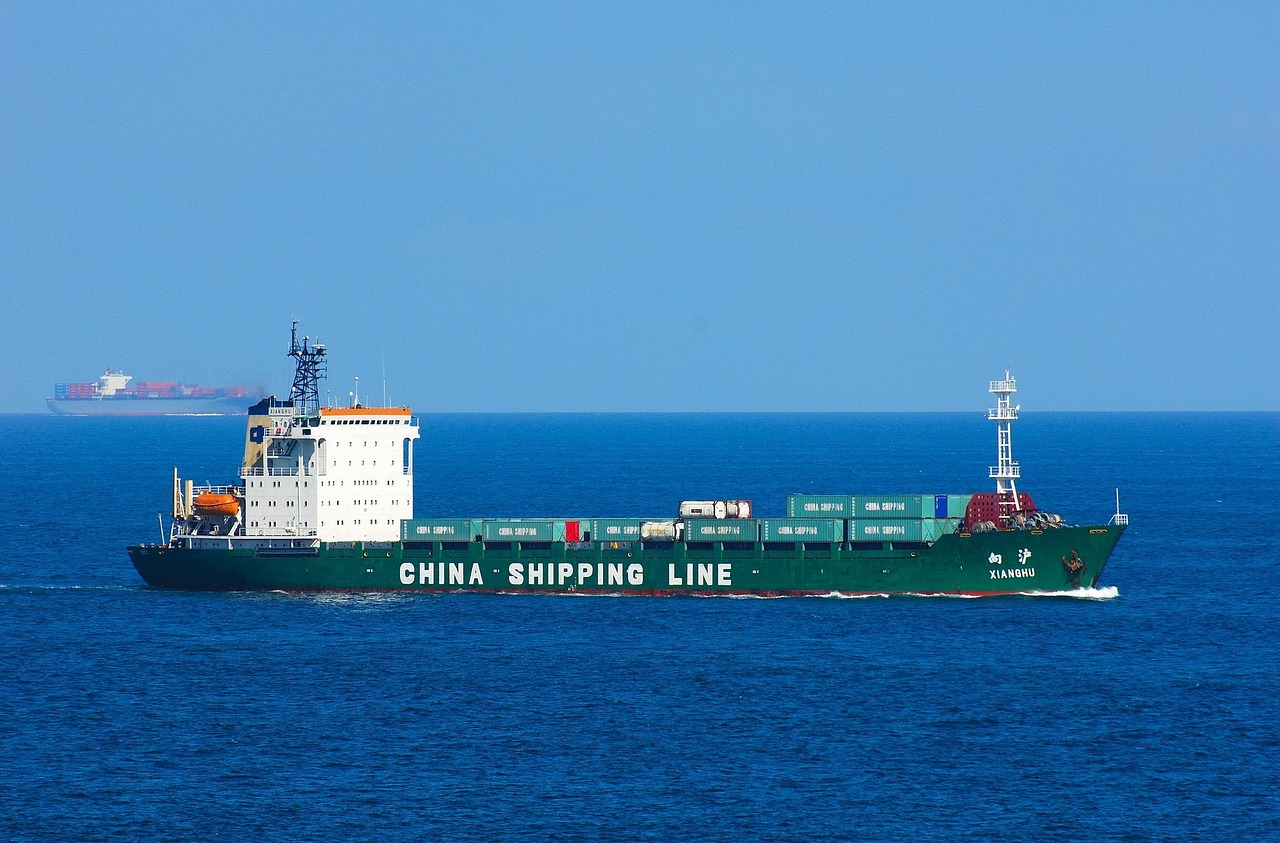
Shipping with YQN - Global Logistics at Your Fingertips
YQN has established subsidiaries worldwide, covering North America, Latin America, Southeast Asia, and the Middle East. We have partnered with 300+ top shipping and airline companies and have access to 3500+ high-quality supplier resources. YQN also has a professional customer service and fulfillment team of over 500 people to provide more worry-free and efficient international logistics services.
Contact Us
You can also email us at info@yqn.com.
